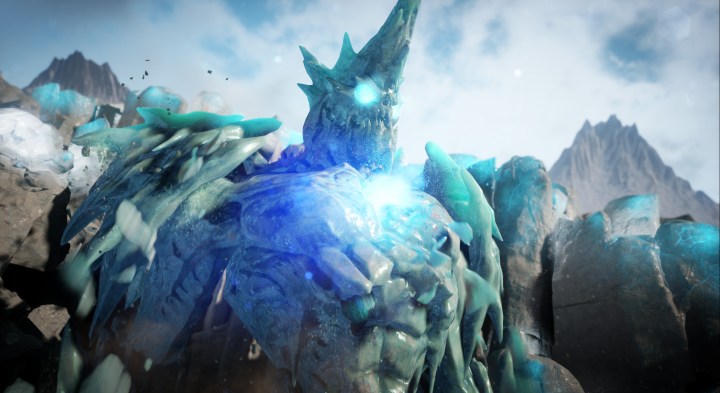
Epic Games just made it possible for anyone with a decent computer and $19 per month to become a game developer. In short, the company responsible for the Unreal Engine series, as well as several game franchises like Unreal Tournament and Gears of War, just changed the nature of game development.
At its GDC press conference, Epic Games founder Tim Sweeny took to the stage to discuss the future of the Unreal 4 Engine. For most gamers, this might not mean much. The Unreal Engine is one of the most prominent and well known engines in the gaming industry, but unless you are a developer it probably isn’t much more than a name you see flash by at the opening of a game. That might change.
The Unreal 4 Engine has already been lauded for its ease of use. It comes with a massive amount of tools, but they are designed so that anyone with the patience to learn them can design their own game – and a good looking game at that, utilizing graphics that are comparable to next-gen (and better). Epic has already released several videos showing off some of the tools. It’s an easy engine to use, and now everyone will have access to it.
Epic Games is offering a new pricing model to allow users access to the engine. Rather than paying a hefty, one-time licensing fee, you can now use the Epic’s Unreal 4 Engine for just $19 a month. That means for $228 a year, you can create your own, high quality, next-gen quality games.
To go even further, for those familiar with programming language, Epic is also going to offer subscribers access to the engine’s source code at no extra cost. That will allow developers to twist and tweak the engine however they see fit.
“The source code, it’s Epic’s crown jewel,” Sweeny said.
If developers choose to use the engine for personal use, to create a game for themselves, there is nothing more to it and no additional fees. Subscribe, use the engine, then cancel it when you are done or move on to the next project. For those that do plan on shipping a game for sale using the engine and subscription model, they will need to pay Epic 5-percent of the gross revenue from the game, and that’s it.
Right now the engine and the subscription model are designed to make games on Mac, PC, and mobile devices. Due to other legal contracts, console development is a little different, but Epic is willing to work with developers on this. They won’t be able to access the Unreal source code for consoles due to existing contracts, but Epic is willing to help.
Epic will also make itself available to work with developers. The publisher has already released several videos on how to make games with the engine, and it will continue to do so.
In summation, for just $19 a month, everyone can now be a game developer. So what are you waiting for?


